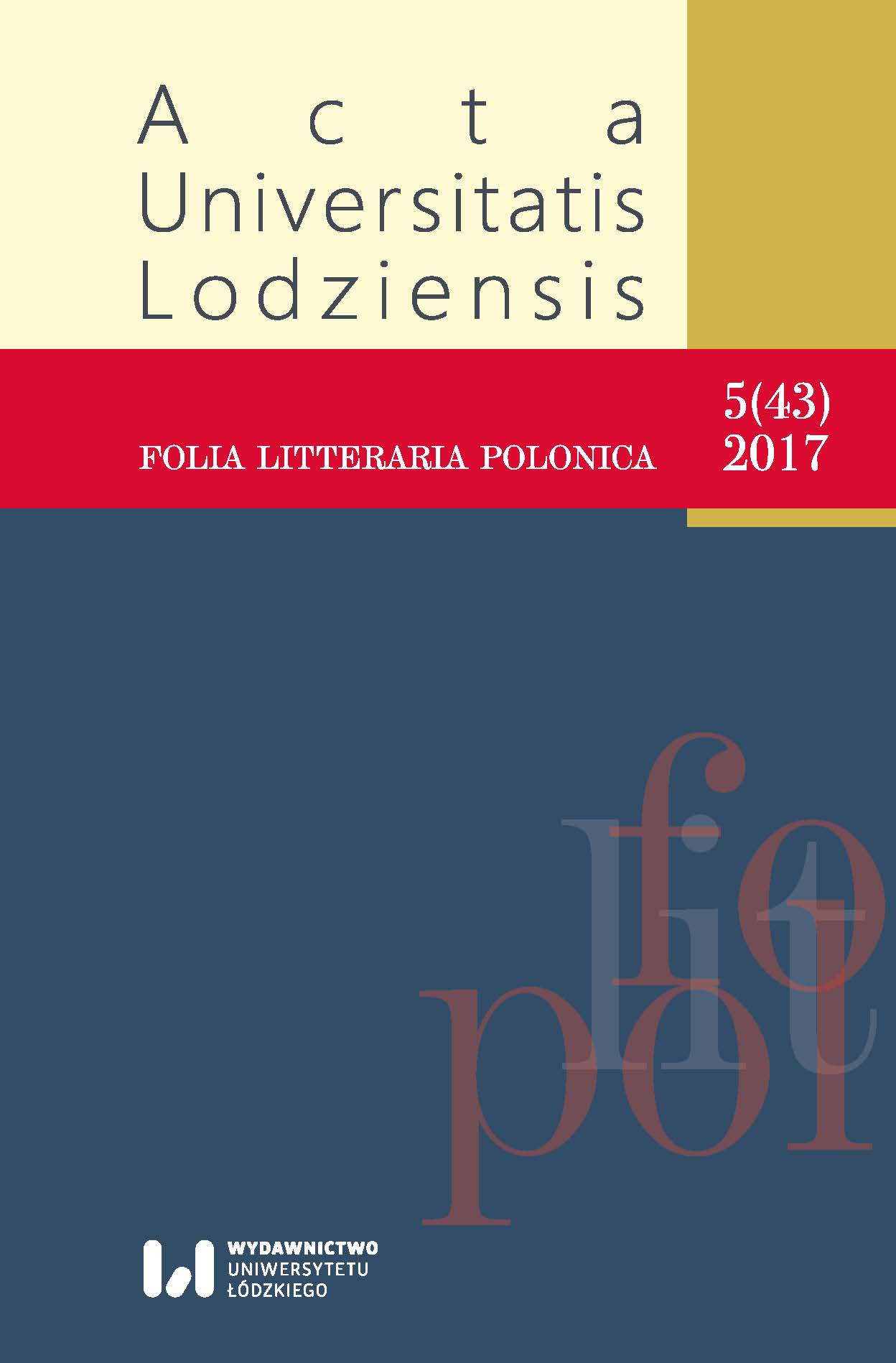The sender-receiver relationship as moderator of the persuasive effect in polysemic communication
DOI:
https://doi.org/10.18778/1505-9057.43.10Słowa kluczowe:
cognitive polysemy, limitations of polysemous communication, communication in politics, polysemy and sender’s credibility, polysemy and sender’s competencesAbstrakt
The article presents the results of an empirical experimental study into the functional aspects of polysemous communication in politics. The analyses of the results have led to the following conclusions in terms of the functional limitations of the application of polysemy in communication (from the point of view of the evaluation of a sender of a polysemous message):
a message with a stronger polysemous markedness generated a higher agreement with the sender among respondents,
the sender of a more polysemous message was evaluated as more credible,
the level of polysemous markedness of a message was irrelevant for the evaluation of the competences of its sender,
both for the evaluation of the agreement with the sender, and her/his credibility and competences, the level of the receivers’ awareness in terms of the message’s polysemy was irrelevant; however, the influence of credibility and the evaluation of competences on the agreement with the sender was significant.
Pobrania
Bibliografia
Camden C., Moltey M.T., Wilson A., “White lies in interpersonal communication: A taxonomy and preliminary investigation of social motivations”, Western Journal of Speech Communication 1984, Issue 48 (4), pp. 309–325.
Google Scholar
Dobrosz-Michiewicz K., “Struktura wieloznaczności poznawczej (na podstawie komunikowania w polityce)”, Acta Universitatis Lodziensis. Folia Litteraria Polonica 2016, Issue 2 (32), pp. 187–205.
Google Scholar
Dobrosz-Michiewicz K., “Wieloznaczność poznawcza jako strategia komunikacyjna”, Acta Universitatis Lodzensis. Folia Litteraria Polonica, 2017 [in press].
Google Scholar
Dobrosz-Michiewicz K., “Dialogowość komunikatów perswazyjnych”, in: “Badanie i projektowanie komunikacji 3”, M. Wszołek (ed.), Wydawnictwo Libron, Wroclaw 2014.
Google Scholar
Lakoff G., Johnson M., “Metafory w naszym życiu” [Methaphors We Live By], transl. by P. Krzeszowski, Warsaw 1988.
Google Scholar
Langacker R.W., “Wykłady z gramatyki kognitywnej”, H. Kardela, P. Łozowski (eds.), transl. By A. Głaz, K. Wengorek-Dolecka, Wydawnictwo Uniwersytetu Marii Curie-Skłodowskiej, Lublin 2005.
Google Scholar
Tabakowska E., “Gramatyka i obrazowanie. Wprowadzenie do językoznawstwa kognitywnego”, Polska Akademia Nauk, Warsaw 1995.
Google Scholar
Taylor J.R., “Kategoryzacja w języku. Prototypy w teorii językoznawczej”, transl. by A. Skucińska, Towarzystwo Autorów i Wydawców Prac Naukowych Universitas, Cracow 2001.
Google Scholar











